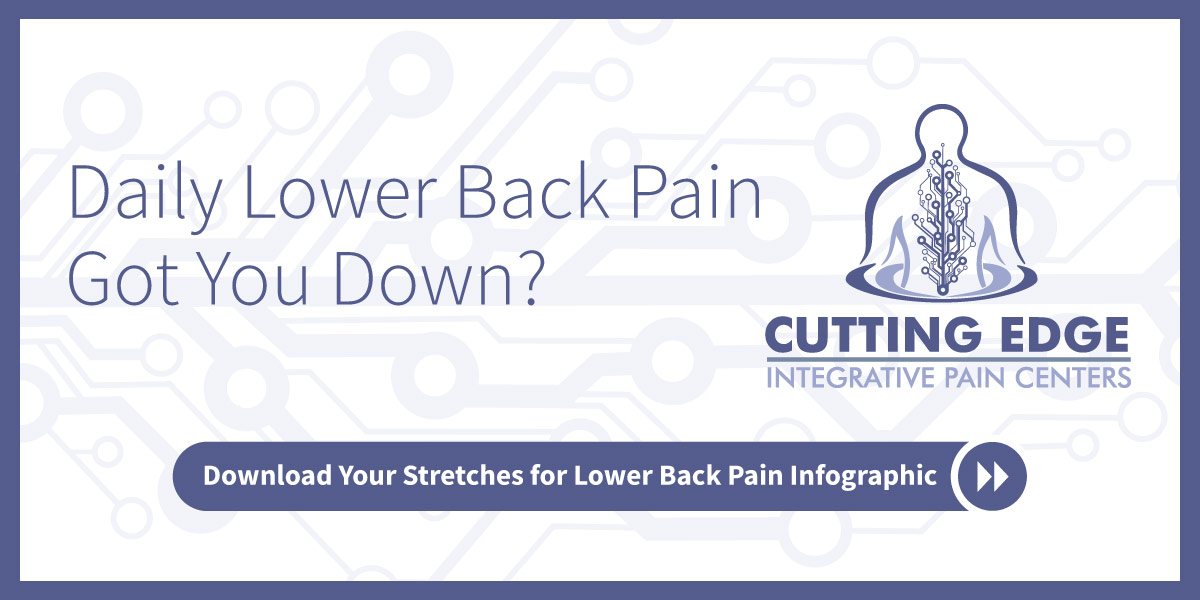What are NSAIDs? NSAIDs (non-steroidal anti-inflammatory drugs) are medications that reduce inflammation and pain but do not contain steroids. In fact, many well-known pain medicines on the market today are NSAIDs. But using NSAIDs can cause serious side effects, such as gastrointestinal bleeding, heart attack and kidney damage. Data shows that using prescription NSAIDs may increase risk for heart failure by as much as twenty percent. In fact, the FDA has gone to great lengths to make consumers aware that NSAIDs cause an increased risk of heart attack and stroke.
Click Here to Read:
Treating Back and Neck Pain Without Surgery
With all of the risks associated with taking NSAIDs, it’s understandable that more and more people are looking for other options to reduce their inflammation and manage pain. There are a variety of natural NSAID alternatives, some of which may pose fewer serious health risks than their pharmaceutical counterparts.
Alternatives to NSAIDs
- Acetaminophen is most recognized as the brand-name medicine Tylenol. It is a medication commonly used to treat pain and reduce fevers. Acetaminophen is very effective at providing mild to moderate pain relief.
- Arnica, also known as wolf’s bane or leopard’s bane, is a flowering plant in the sunflower family. Arnica is used as a homeopathic medication to reduce inflammation. It can be taken orally or topically and has been seen to help with acute traumas, bruises, soreness, and arthritis.
- Bromelain is an enzyme extract derived from the stems of pineapples. The extract has a long history of use as a natural anti-inflammatory. There have been studies that correlated the use of bromelain with reduction of symptom severity in osteoarthritis.
- Capsaicin cream is made from hot peppers. This medication is used to treat minor aches and pains of the muscles and joints, such as arthritis, backache, and sprains. Capsaicin works by decreasing a certain natural substance in your body (substance P) that helps pass pain signals to the brain. Do not touch eyes, nose, mouth, or genitals after use, as it can cause irritation and burning.
- Fish oil products are derived from the tissues of oily fish, such as sardines, anchovies, salmon and tuna. Fish oils contain the omega-3 fatty acids eicosapentaenoic acid (EPA) and docosahexaenoic acid (DHA), which have anti-inflammatory properties and can help with arthritis pain at high doses. Don’t take a fish oil product that has a rancid odor, and consider taking it with mixed isomers of vitamin E or a mixed antioxidant supplement to decrease the risk of oxidation.
- Glucosamine is the building block for cartilage. It is commonly produced commercially from crustacean exoskeletons. Glucosamine, often combined with MSM and chondroitin, is one of the most common dietary supplements used today. It can help with mild to moderate arthritis.
- Turmeric is a spice taken from the flowering plant of the same name in the ginger family. It is used to treat a wide variety of conditions, including headaches, joint pain, and fibromyalgia. It has inflammatory properties and can help with arthritis.
You may need to allow one to four weeks to notice a difference in pain when taking bromelain, fish oil, glucosamine and turmeric. You should always consult your physician before taking these or any other products to treat a medical condition.
Click Here to Gain Access to Practitioner Grade Supplements


